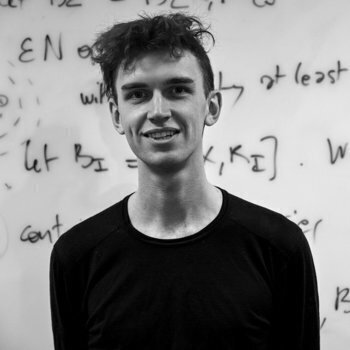I am a postodoctoral researcher at Imperial College London, in the Data Science Institute and the Computational Privacy Group. I received my PhD at the Université catholique de Louvain in Belgium. I was previously a research fellow affiliated with the F.R.S.-FNRS (Fund for Scientific Research), a visiting researcher at the Massachusetts Institute of Technology in 2014 and 2015, and studied both computer science and information architecture at the École Normale Supérieure de Lyon.
I study the limits of privacy and anonymity in the modern age. My work challenges the technical and legal adequacy of current de-identification techniques and call for robust and transparent methods to restore trust in the data sharing economy; it has been covered in the New York Times, The Guardian, CNBC, The Telegraph, Forbes, El Pais, Scientific American, BBC.
